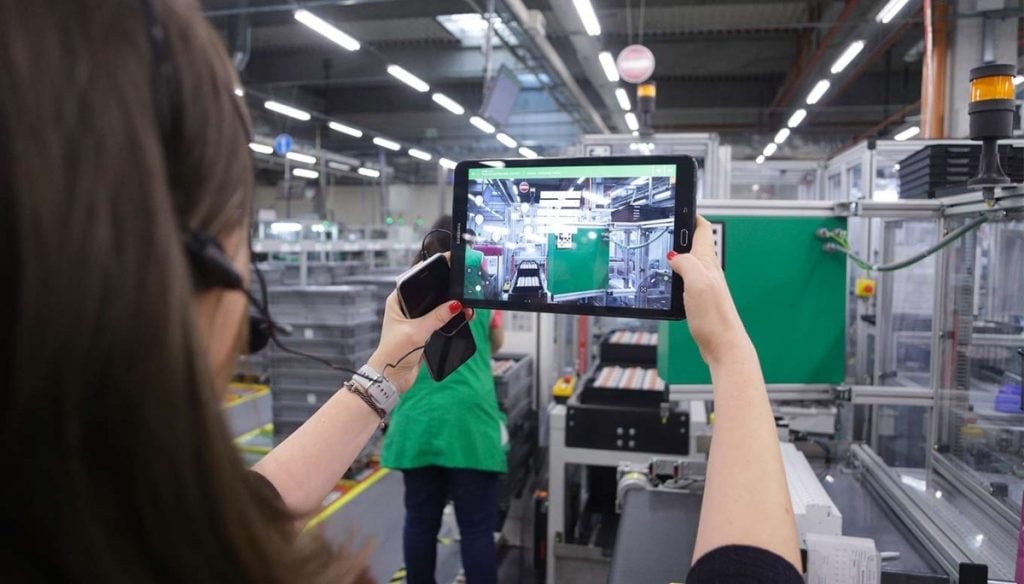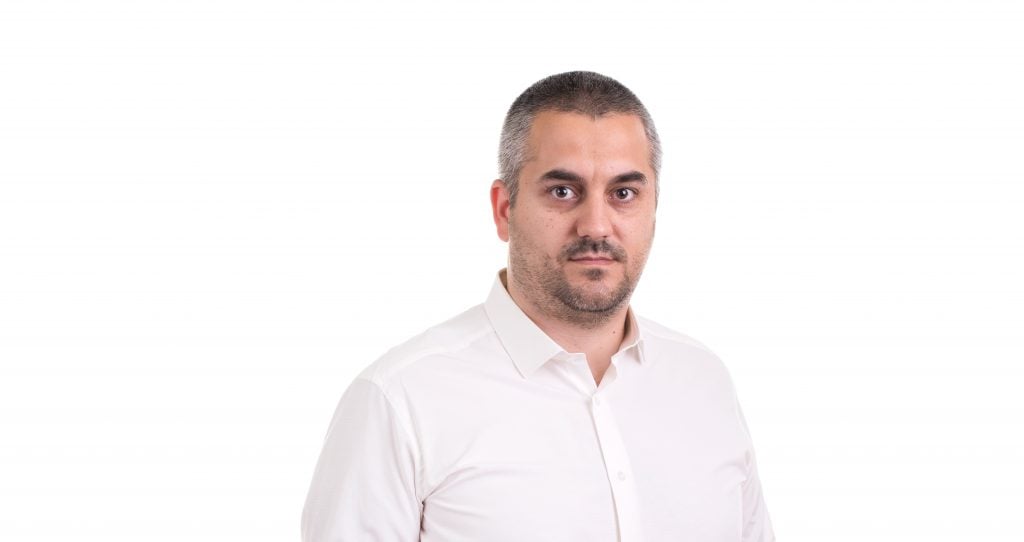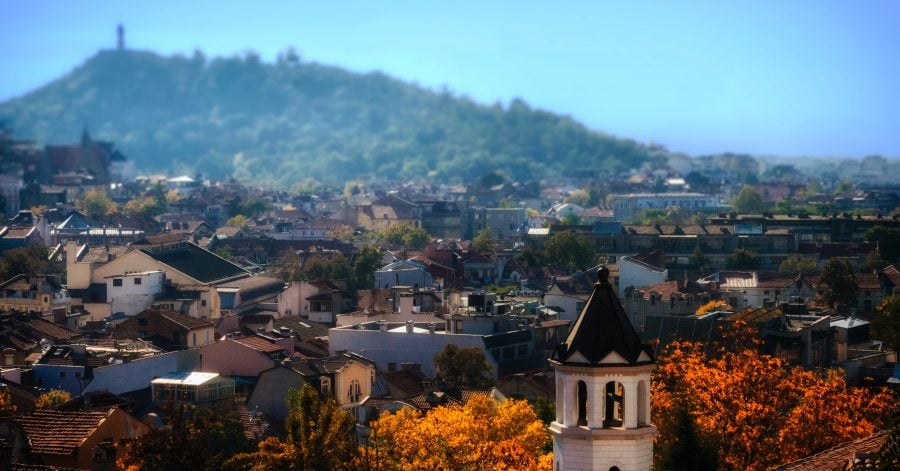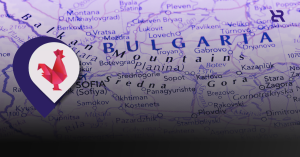Cities are the heart of technology innovation and development. In Bulgaria, Plovdiv is a booming IT and BPO destination. With over 7,000 jobs available, these are the fastest growing sectors in the city. At the same time Plovdiv is leading as an industrial center with 71,000 jobs in manufacturing. New factories are popping up in the city every year, as investors are winned over by its talent, knowledge, and cost benefits.
Most recently, Cupffee, the startup producing biodegradable, plant-based alternatives to the traditional coffee cup, opened a new manufacturing plant in the Trakia Economic Zone (TEZ) of Plovdiv.
Moreover, since the opening of Schneider Electric’s manufacturing facility, Plovdiv is also home to the first smart factory in Eastern Europe for a multinational electrical equipment firm – and the second one on the entire continent. The factory automates nearly 70% of its operations, while a solution based on augmented-reality is used for maintenance.
Finally, the city also plans to become the leading e-bike manufacturer in the region. A new joint venture between Maxcom Ltd., a large bike manufacturer in Eastern Europe, and PIERER Mobility AG, a producer of powered two-wheelers, plans the building of a factory for e-bikes and other electric vehicles on two wheels in the Trakia Economic Zone.
In this story, The Recursive looks at what makes Plovdiv an investment destination and a great city to live in. This marks the beginning of our SEE Cities in the Spotlight series, where we highlight the key strengths and opportunities for building and investing in innovation in the region’s urban hubs.
Why Plovdiv is an investment destination

Built on seven hills, Plovdiv is one of the oldest cities in Europe and second-largest in Bulgaria. It sits at the center of a region with a population of 795,000, out of which almost 20,000 are expats from 130 different nations.
For digital nomads, Plovdiv presents some advantages over other cities in Europe. Aside from the lower cost of living versus many other European working hubs, the city offers a great combination of cultural sights, an excellent climate for both summer and winter recreation, as well as developed infrastructure, childcare, and medical services.
EU citizens can get long-term residence in 24 hours, while non-EU citizens can get an EU Blue Card or a Startup Visa, if they are entrepreneurs developing high tech and/or innovative projects. The city also has a one-stop shop for investors, which is not typical for many cities in Bulgaria. Invest Plovdiv provides detailed data about the city, aims to shorten the administrative burden of starting a company, and promotes businesses and investment opportunities.
Manufacturing and business services account for over two thirds of the local economy. The city is Bulgaria’s biggest industrial hub, covering 15% of all manufacturing jobs. A big chunk comes from the mechatronics and automotive sectors. Moreover, the IT & outsourcing sector is the fastest-growing in Plovdiv, with 25% annual average growth of sales revenues and 24.9% increase in value added for 2014-2020.
Established in 2014, Plovdiv’s Trakia Economic Zone is a partnership between Sienit Holding AD, their partners from Italy and Israel, and KCM 2000 AD, an important industrial company in the country. They offer building and services development plans across numerous business areas. So far, the project has received a €2 billion investment and created over 30,000 jobs.
Case study: Cupffee opens a new manufacturing plant in Plovdiv
The Recursive further asked Miroslav Zapryanov, co-founder and CEO of Cupffee about the company’s plans with the Plovdiv plant. For more on the company’s background, read about Cupffee’s innovative approach to coffee cup packaging.

The Recursive: Why did you choose Plovdiv to build a new production factory?
Miroslav Zapryanov: Plovdiv has a strategic location: it is at a crossroad of the main road arteries of Europe and Asia. The Trakia Economic Zone, where our factory is located, is the industrial part of the city. Here, both foreign and domestic investors have been increasingly establishing new businesses or expanding their existing business.
Furthermore, Plovdiv has been ranked amongst the top three for “FDI Strategy” in the “European Cities of the Future 2018-2019” ranking (and the “Top 10 Small European cities of the Future” category) of the renowned British edition “Financial Times”. Plovdiv is also my hometown.
Can you share a bit more about the production process at the plant?
Following the requirements of the international standard FSSC 22000, to which we are certified, we have a selection procedure for suppliers, which regulates the requirements for the company – selection, evaluation, reassessment and verification of suppliers and of raw materials. The current management system procedure covers the supply of the basic raw materials used, as well as additional raw materials relevant to safety and quality. The equipment and machines are intended solely to produce our cup.
What impact will it have on the local community?
Cupffee is part of the lives of “green thinking“ people. Those who realize that changes must be done to save our nature and are already living with awareness of the ecological balance. They know Cupffee, they use Cupffee. They consume responsibly.
The number of local people engaging with Cupffee is growing. Every day, we receive more and more inquiries. As a way to decrease plastics in our daily routine, we created a unique product that’s preferred even to paper cups.
What are your hiring plans for the factory?
Our team is growing, and we are looking for new team members, who will share our enthusiasm, professionalism, and passion for development. At the moment Cupffee has 23 employees both in the office and in production plants. Until the end of the year the plans are to increase our teams with new specialists.








